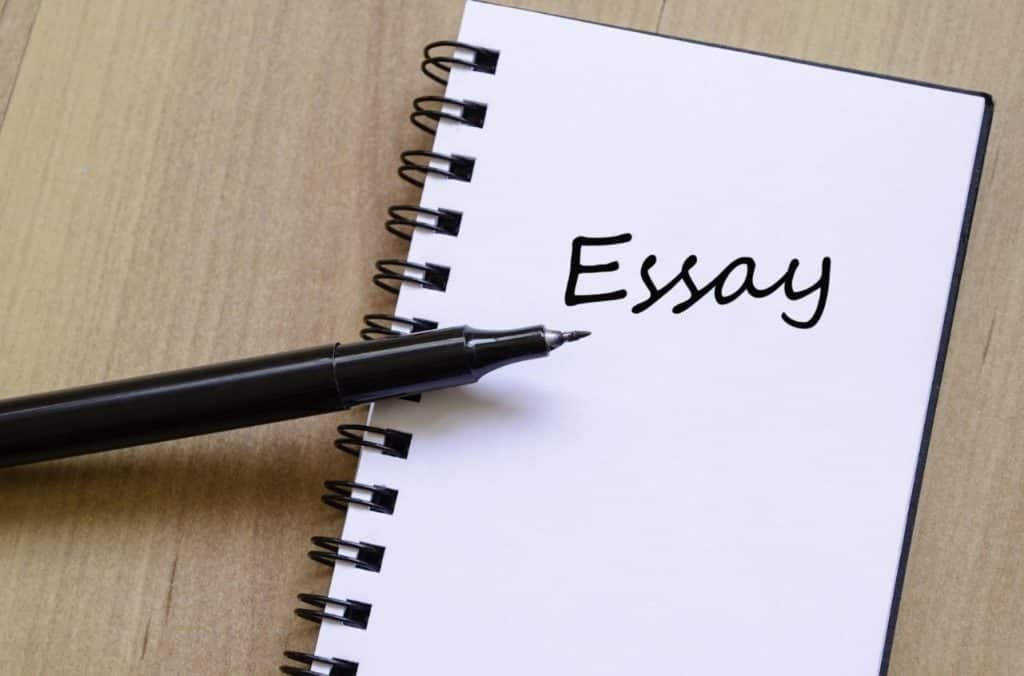What Is a Case Study: Purpose, Structure, and Use
A case study is an academic format that sits between theory and real-world application. Instead of asking only what is known, it examines how knowledge operates in practical situations. Because of this, case studies are widely used in disciplines where decision-making, context, and applied analysis matter more than abstract conclusions….





